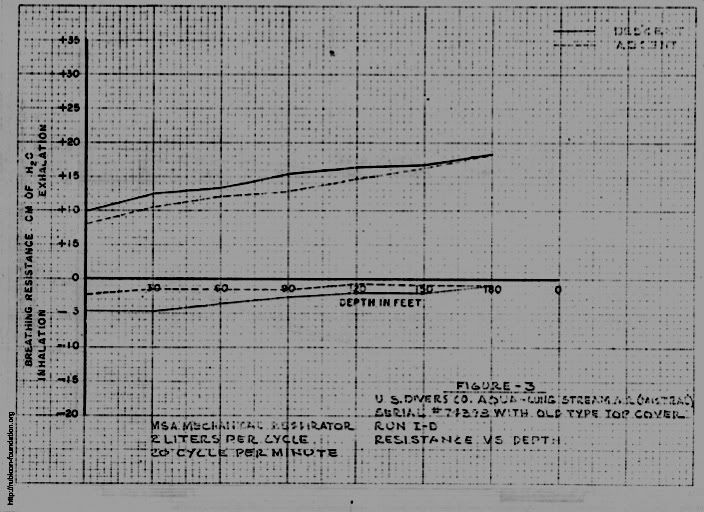DrunkenParrot
Contributor
that was quick...
Welcome to ScubaBoard, the world's largest scuba diving community. Registration is not required to read the forums, but we encourage you to join. Joining has its benefits and enables you to participate in the discussions.
Benefits of registering include
As an antique lover myself, I can understand to the dedication to them. But when it comes to my gear, it is always checked BEFORE I go on a dive to ensure it functions properly. Also, As an antique collector, It is never used. The equipment sold on todays market has been modified to enhance safety of those who use them.
As an Instructor, he would have been held accountable for any mishap the may have occurred. I happen to know this instructor as he is the very one who certified me over 150 dives ago. He was very instramental in helping me overcome aquaphobia.Thankfully, He does stress safety,because it is is something that one should take seriously.
I guess that makes me his......Deputy..... wawawahahaha

I like the graph searat.
TNR where do you draw the line, who is the scuba police. If your in a group and do not no the other divers or group of divers you should only observe and see what happens, you can't save the world, economy, and yes the way a diver dives and what gear they use.
